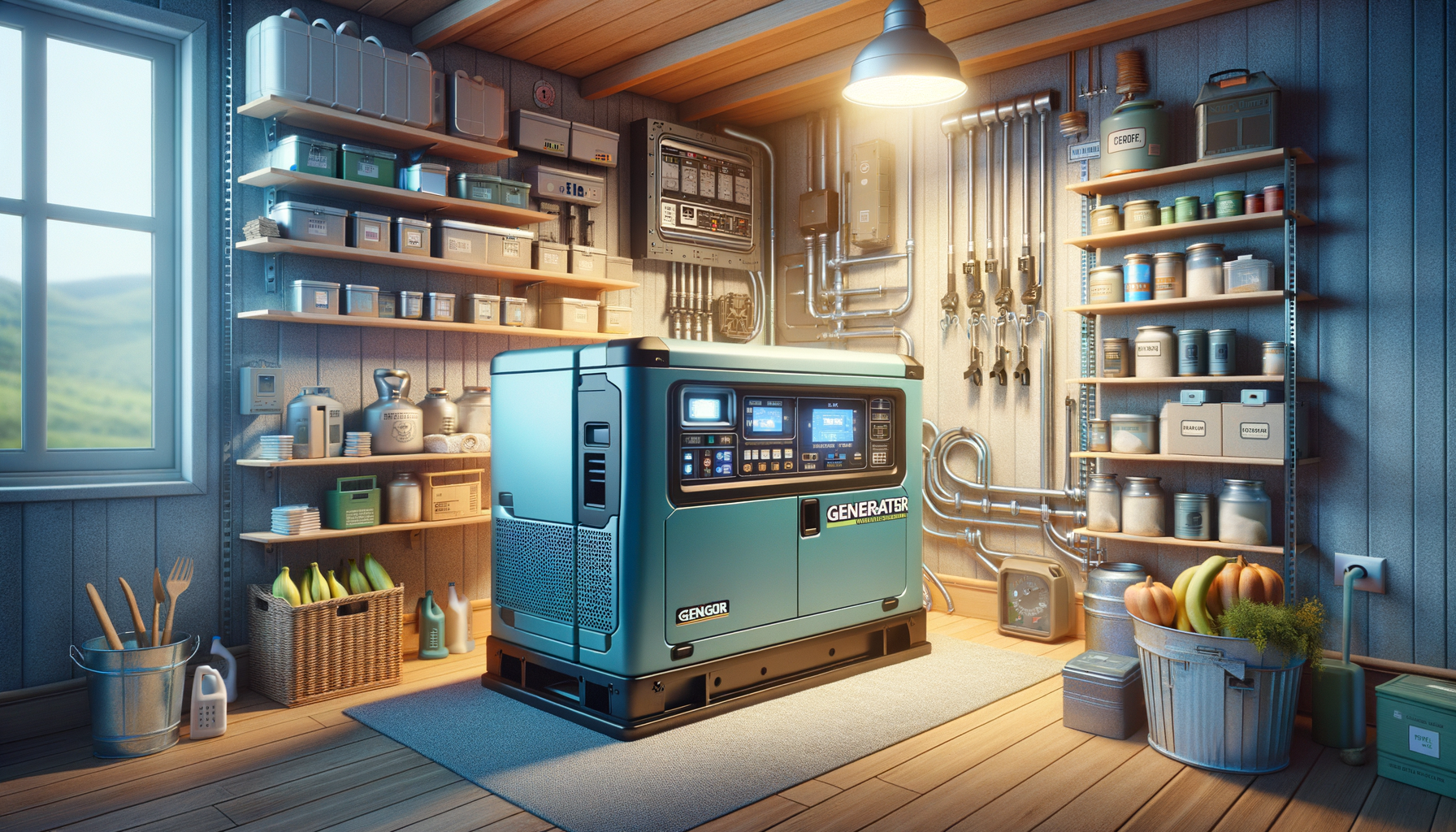Introduction to Home Generators
In today’s world, where energy demands are constantly rising, having a reliable backup power source is more crucial than ever. Home generators offer a practical solution to power outages, ensuring that your household remains functional during unexpected blackouts. These devices provide peace of mind, allowing you to maintain comfort and safety even when the grid lets you down. Whether you live in an area prone to severe weather or just want to safeguard against unpredictable power interruptions, understanding the benefits and options of home generators is essential.
Types of Home Generators
Home generators come in various types, each designed to meet different power needs and preferences. The most common types include:
- Portable Generators: These are versatile and can be used for both home and outdoor activities. They are typically powered by gasoline and are great for short-term power needs.
- Standby Generators: Installed permanently outside the home, these generators automatically kick in when the power goes out. They are often fueled by natural gas or propane and can power large homes for extended periods.
- Inverter Generators: Known for their quiet operation and fuel efficiency, inverter generators are ideal for sensitive electronics. They adjust engine speed based on the power needed, making them an excellent choice for eco-conscious users.
Choosing the right type depends on your specific needs, budget, and the level of convenience you desire.
Benefits of Investing in a Home Generator
Investing in a home generator offers numerous advantages that go beyond just keeping the lights on. Here are some key benefits:
- Uninterrupted Power Supply: With a generator, you can maintain power to essential appliances and systems, such as heating, cooling, and refrigeration, ensuring your home remains comfortable and functional during outages.
- Protection of Home Systems: Generators help prevent damage to home systems that can occur during power surges or prolonged outages.
- Increased Property Value: A home equipped with a standby generator can be more attractive to potential buyers, adding value to your property.
- Peace of Mind: Knowing that you have a backup power source provides reassurance, especially during severe weather conditions or emergencies.
These benefits make home generators a worthwhile investment for many homeowners.
Cost Considerations and Savings
While the initial cost of purchasing and installing a home generator can be significant, the long-term savings and benefits often outweigh these expenses. Here are some cost-related factors to consider:
- Initial Costs: The price of home generators varies widely based on type, capacity, and features. Portable generators are generally more affordable, while standby generators require a higher upfront investment.
- Operational Costs: Fuel type and consumption rates affect ongoing costs. Natural gas and propane are commonly used for standby generators, while gasoline is typical for portable models.
- Maintenance Costs: Regular maintenance is essential to ensure reliable operation. This includes oil changes, filter replacements, and periodic inspections.
Despite these costs, having a generator can save money by preventing food spoilage, reducing hotel stays during outages, and protecting home systems from damage.
Choosing the Right Generator for Your Home
Selecting the right generator involves assessing your power needs and understanding the features that matter most to you. Here are some tips to help you make an informed decision:
- Power Requirements: Calculate the wattage needed to power essential appliances and systems in your home. This will help determine the capacity of the generator you need.
- Fuel Type: Consider the availability and cost of fuel in your area. Natural gas and propane are convenient for standby generators, while gasoline is easily accessible for portable units.
- Noise Level: If noise is a concern, look for models designed for quiet operation, such as inverter generators.
- Installation and Maintenance: Consider the ease of installation and the maintenance requirements of the generator. Standby generators typically require professional installation.
By evaluating these factors, you can find a generator that meets your needs and provides reliable power for your home.








